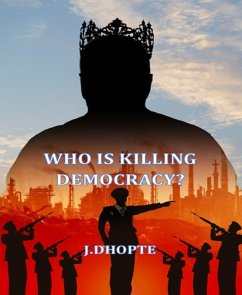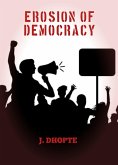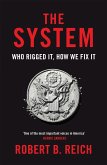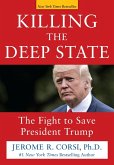Globally, political officials have reinforced their executive departments through the weakening of the independence and authority of the Supreme Courts. Global democracies are facing a serious threat from elected officials who occasionally refuse to step down from office. Autocracies eventually arise when a government functions without considering the needs of the very people who elected it.
De-globalization, hyper-nationalism, protectionist sentiments, and divisive politics are all sharply rising. Anti-intellectual movements and sectarian politics are developing. A pluralistic worldview and secularism are under constant attack. There has been an increase in attacks on minority groups, and religion has virtually taken centre stage in all political discussions.
Until 2005, the number of democracies in the world had been steadily increasing. But since then, the number has declined. Even robust democracies are now showing signs of weakness, and some have turned into hybrid regimes suspended between democracy and autocracy. Who is killing off the world's democracies?
Some autocrats or political elites are violent and intolerable. Their goals are to nationalize capitalism and seize control of the state for totalitarian purposes. They use narratives associated with right-wing populism and nationalism to rewrite history. They give the "corporate state" the illusion of democratic legitimacy. They simply ignore public concerns about freedom, justice, equality, and social discussion. Despite massive protests and opposition to their policies, they offer more undemocratic answers to urgent problems.
Dieser Download kann aus rechtlichen Gründen nur mit Rechnungsadresse in A, B, CY, CZ, D, DK, EW, E, FIN, F, GR, H, IRL, I, LT, L, LR, M, NL, PL, P, R, S, SLO, SK ausgeliefert werden.









